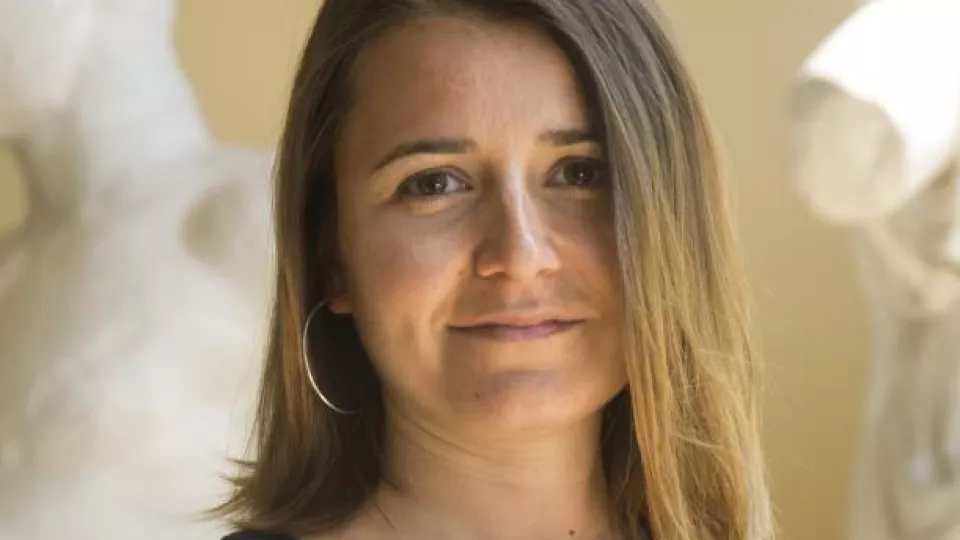Coordinator Mine Islar presented the Pufendorf IAS initiative on migration research at University Day, an event organised by the Embassy of Sweden in Washington D.C, USA on 26th October. She reflects that the experience was valuable from many perspectives.
– Meeting with other migration researchers was very stimulating, not least because migration interlinks Swedish and US history. In the US, Swedish inhabitants are migrants, and we had an interesting discussion about the influence of Sweden on the country over time, she says.
During her presentation of the Pufendorf IAS initiative on migration research, she highlighted both the work to date, and planned activities.
– Above all, I wanted to emphasise our inter- and transdisciplinary approach to migration research. This includes a more holistic approach, one that takes into account how societies adjust to influx of people. It’s a way to open up the very narrow policy perspective on migration that is prevalent in many countries today.
– For me, this approach requires the acknowledgement that in spite of our differences, everyone has an equal worth. The political parties need to understand that we could all benefit from diversity.
Mine Islar used examples from social movement literature to highlight how many societies are built on solidarity and care. One such example was how many citizens in Malmö worked with providing food and housing during the large influx of refugees to Sweden in the autumn of 2015.
The discussion after Mine Islar’s presentation centred on many isssues of relevance to the Pufendorf IAS initiative, for example on environmental migration.
– Many in the audience noted that the term climate refugee is often used in the media. However, we discussed that there is not a clear definition of what actually constitutes a climate refugee.
Migration and labour markets were also discussed. Mine Islar notes that, with an inter- and transdisciplinary approach to migration, researchers can situate migration and labour in a wider context.
– Different spheres of life are closely linked together. As a researcher you cannot discuss say migration and labour in a vacuum, you need to also bring in aspects of sustainability, gender, class and globalisation for example, she says.
She also takes home some new and interesting research to the Pufendorf IAS, such as organisational science which focus on challenges facing governments and public institutions such as mediatisation, ageing, declining trust in the government, and societal fragmentation.
– It will be interesting to explore this field of research further in relation to the work we are doing, and build on the networks and contacts I made during my trip, she concludes.


